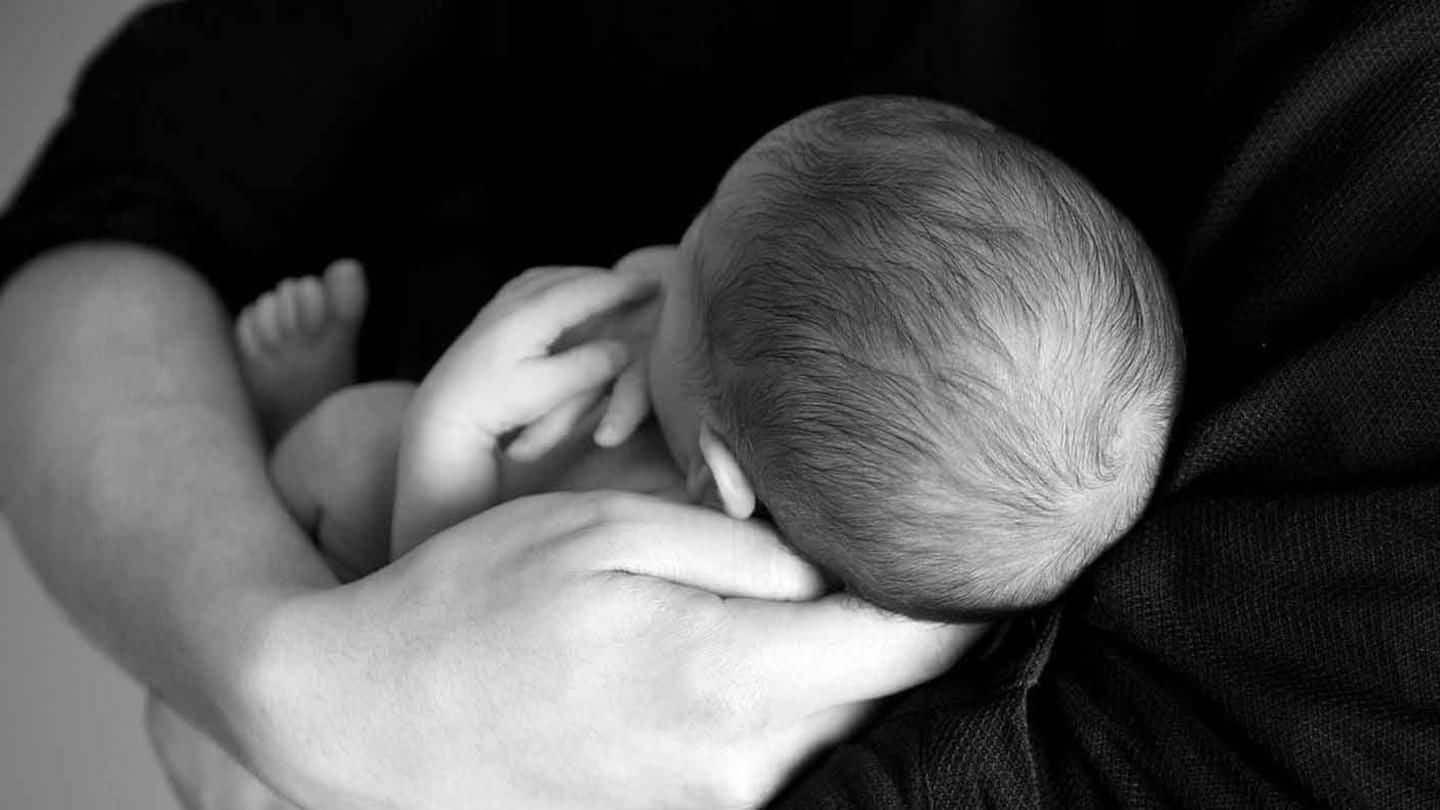
First in India: Woman gets cancer-gene removed to produce healthy-twins
What's the story
In a first in the country, a Bengaluru woman carrying cancer-causing mutation genes has given birth to twins, who carry no such gene whatsoever. Mumbai-based IVF specialist Dr Firuza Parikh did genetic-testing of the embryos, since the woman's family has a history of cancer, before implanting them in her womb. This proved to be a success; now she's a mother of two healthy boys.
Medical file
Prabha's family has a history of cancer
37-year-old Swayam Prabha had found out eight years ago that she carries BRCA1 (BReast CAncer gene) mutation, some months into her marriage to Bengaluru-based professional Debashis Panigrahi. At that time, her mother was diagnosed with ovarian cancer by the Tata Memorial Centre. They had advised her to get a "genetic test done for oncogenes," since "my mother's sisters, cousins and an uncle had cancer."
Prescription
She was recommended a surgery to remove breasts and ovaries
She underwent the tests. Results showed she had a BRCA1 gene, which basically increases the risk of contracting breast/ovarian cancer. In men, it affects the breast, pancreatic and prostate glands. Doctors recommended a surgery to remove her breasts and ovaries, as was done by Hollywood actor Angelina Jolie five years ago, who was carrying both BRCA1 and BRCA2 genes.
Details
Surgery not required as mutation may not cause cancer: Parikh
Prabha took a step back, as she wanted to be a mother and "ensure that my husband's family has a healthy baby." Two years ago, she consulted Parikh who advised her against the surgery. "Jolie had both BRCA1 and BRCA2 genes. But Swayam only has one mutation and there are chances that she won't get cancer despite the mutation," was Parikh's reason.
Treatment
Parikh managed six embryos; two were found sans cancer-causing gene
Parikh used pre-implantation genetic testing (PGT) to detect BRCA1 mutation in the embryos she could arrange for Prabha. Of the six, two carried the mutation and two weren't viable. The rest two sans the gene were implanted in Prabha, said Parikh, who runs FertilTree-Jaslok International Fertility Centre. Globally, only in 150 cases has PGT been used for snipping off cancer-causing genes from embryos.
Five steps
How is pre-implantation genetic testing done?
PGT/D is done in five stages: 1) Female is given hormonal stimulation to produce eggs; 2) Sperm is injected into matured eggs; 3) Eggs are incubated; 4) When egg enters blastocyst stage, biopsy is done to access genetic material; 5) Testing is done to check for chromosome disorders. The current rate is Rs. 15,000-20,000 per embryo, half of what it was five years back.